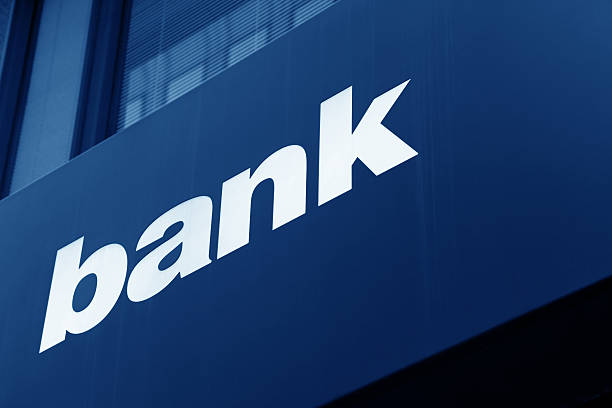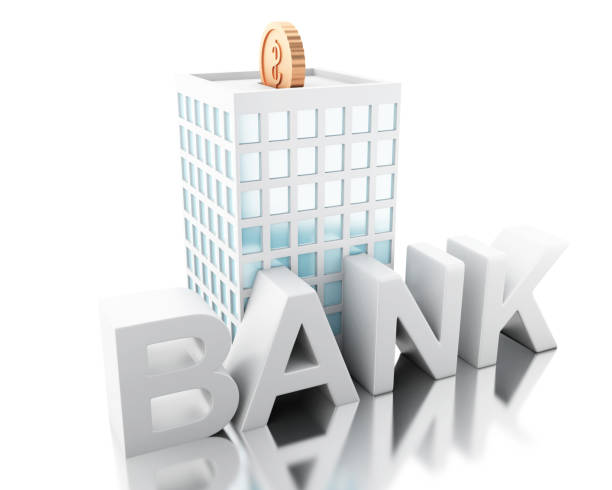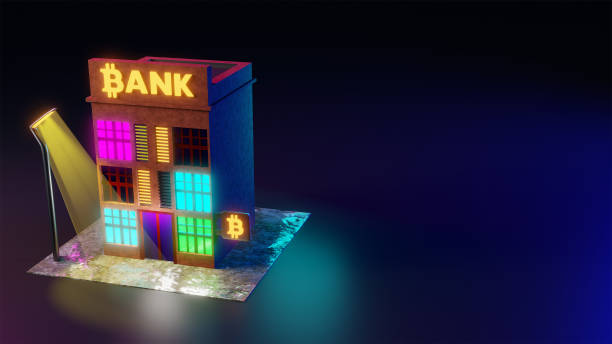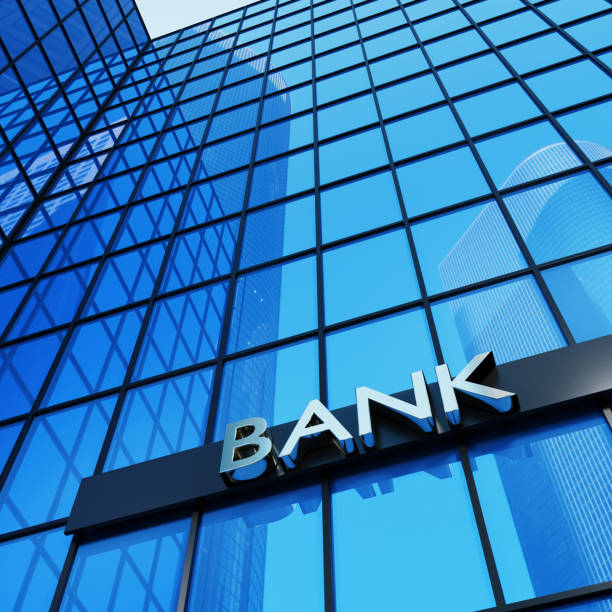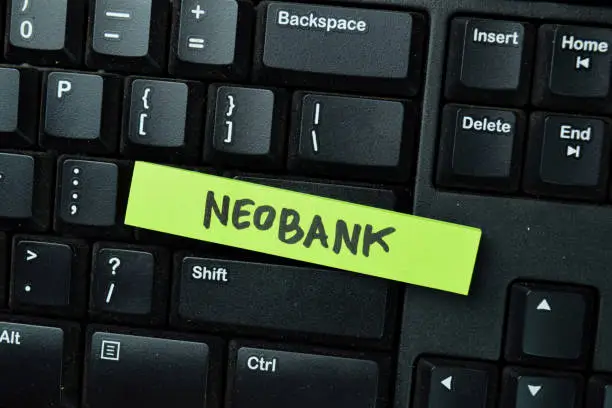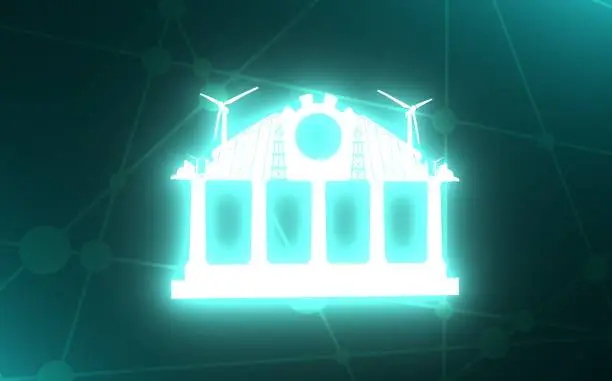The developers of Lunar made it with the end user in mind. They’re entirely online, always available, and stocked with all the tools you’ll need to manage your money wisely. That translates to less frivolous ways to spend your money, more power over your finances, simpler investment opportunities, and no hidden costs.
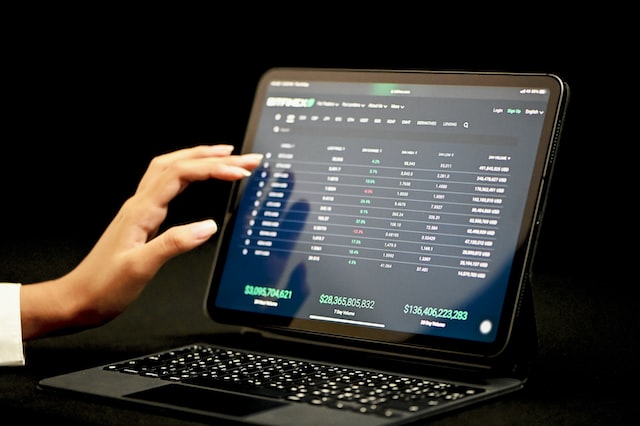
Lunar is not affiliated with or owned by any other financial institution. The Danish government guarantees your deposits. Simply said, it’s risk-free. Among Lunar’s over half a million users in Denmark, Sweden, and Norway are 13,000 business owners who rely on Lunar Business to handle their company’s financials.
Online banking app
Lunar is an online-only bank that does not have any traditional locations. Accounts, Visa cards, payments and transfers, loans, MobilePay, Apple Pay, Google Pay, etc. are still available, along with everything else you’ve come to expect from a conventional financial institution. Their banking app is the most convenient and safe way to handle your financial matters in Denmark. The app equips you with the tools you need to optimize your financial situation, such as innovative methods of monitoring your spending, customizable budgets, and real-time alerts for all of your purchases. There won’t be any hidden charges or fees. Also, your Visa card can be customized to your liking. Your card and account are both at no cost to you. They are not constrained by the need for brick-and-mortar locations, antiquated financial advisors, or pointless service fees. Lunar is a financial institution made with you in mind, your lifestyle, and the future you’ll help shape. With Lunar’s unified app, reasonable charges, and clear, comprehensible terms, you’re in charge of your finances.
Link up your pre-existing financial institution
The top Danish banking app is available to you without changing your current banking relationship. If you don’t want to switch banks, you can utilize Lunar either as your primary or secondary financial institution. The Lunar app makes it simple to link with your previous financial institution so you can view transactions and make transfers. Compile all of your financial data in one location for the clearest picture imaginable.
Having no cost to join is a major selling point
Signing up for Lunar, creating an account, receiving a Visa card, and using the banking app is all free of charge. Since they are an online bank, they do not have the same costs as brick-and-mortar institutions. The memberships to Lunar Premium and Lunar Pro, as well as the loans, are some of the ways they generate revenue. Also, the merchants (not you) pay a fee each time you use your card at their establishment.
Security
You may feel safe using Lunar. They, like every other Danish bank, are regulated by Finanstilsynet (The Danish Financial Supervisory Authority), whose rules they must follow. Danish deposit insurance protects bank deposits in financial institutions up to 100,000 EUR, which includes your money at Lunar.
This expands the already extensive array of features available to its customers. Unlike many other neobanks, which ride on the coattails of established financial institutions, Lunar operates under its banking charter, allowing it to provide a full range of banking services to both consumers and businesses. These include traditional deposit and checking accounts, as well as credit services like buy now, pay later, stock, fund, and exchange-traded fund (ETF) investing, and financial management.
Fast growth is one factor motivating Lunar’s aggressive investment strategy. It has 325,000 users when it raised series D’s first round of funding. A total of 500,000 people work for the company in its three main countries of operation: Denmark (with its headquarters located in Copenhagen), Sweden, and Norway. The objective is to expand into other markets in Europe and beyond after first establishing a strong foothold in the Nordic region, which will include a debut in Finland.
Growth of Lunar
Lunar faced an uphill battle in the Nordics when it first launched because basic banking in the region was already so far ahead of the curve compared to the rest of the world. Around 95% of consumers in the region were already using digital banking services provided by incumbents. Conversely, it is not simple to just enter the market as a neobank in the region because, to provide any services, a firm must first fully integrate with the region’s preexisting infrastructure and take a unique approach centered on individual identification numbers. Competitors have found this to be a formidable obstacle to breaking into the market.
